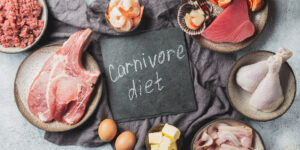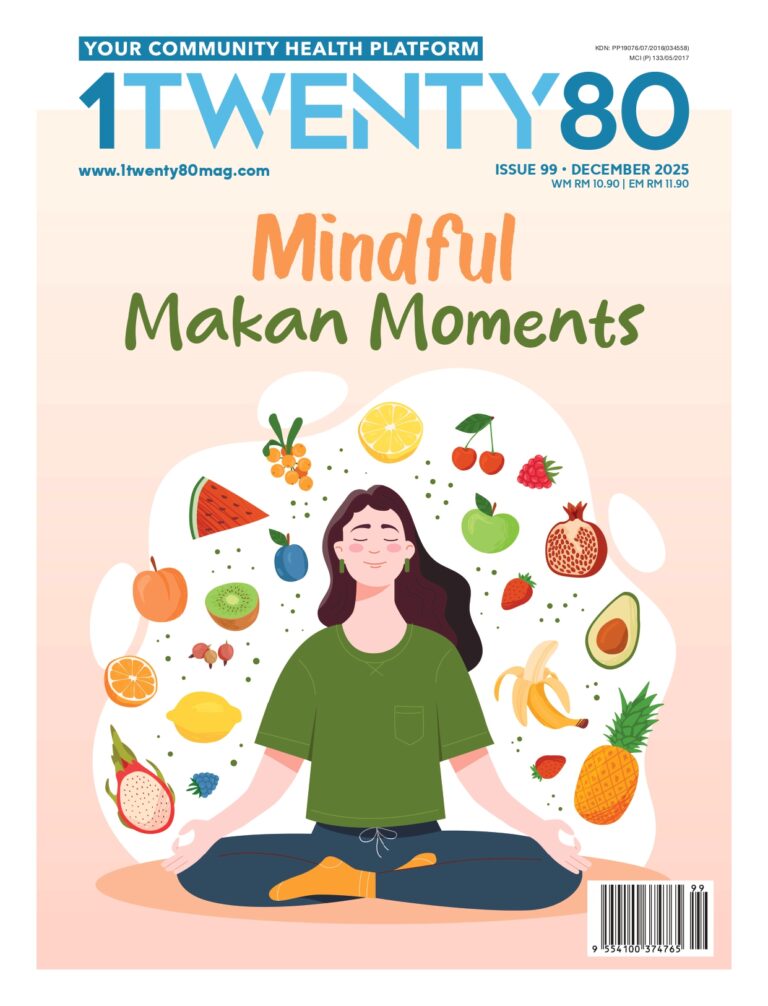Explore the evolving landscape of halal pharmaceuticals
By Siti Salihah
For many, dietary guidelines are rooted in their beliefs—halal for Muslims, kosher for Jews, and various practices for other cultures. These guidelines reflect deep values and a commitment to well-being. Every tradition emphasizes dietary discipline, blending spiritual beliefs with health considerations. It’s fascinating how these practices shape not just what we eat but also build community and identity, illustrating the rich connection between food and faith across cultures.
For Muslims, halal is more than just food; it’s a way of life, and lately, halal pharmaceuticals have been capturing attention. Only products from animals slaughtered according to Shariah are acceptable. Interestingly, studies show that 60-70% of gelatin capsules in pharmaceuticals come from bovine sources. While some of these cows are slaughtered according to Shariah, others are not, raising important questions about the halal status of these products.
To gain deeper insight into halal pharmaceuticals, we spoke with Muhammad Farahi Arif, CEO of Farmasi Al Arif Sdn Bhd, the first halal-certified pharmacy in Malaysia. With extensive knowledge in this area, he was also one of the early master’s students to focus his research on halal pharmaceuticals, specifically halal gelatin in capsules.
1Twenty80: What is halal pharmaceuticals?
Muhammad Farahi Arif: The concept of halal pharmaceuticals officially began in 2012 with the introduction of MS 2424:2012, which outlines the standards for halal pharmacies. Since then, the topic has been an ongoing discussion and as of 2024, the concept is embraced not only by the Malaysian manufacturing industry but also recognized and accepted internationally. Currently, many countries, including those in the Middle East, are showing increasing interest in highlighting halal pharmaceuticals, prioritising halal certification for their manufacturing sites and within their halal circuit when importing pharmaceutical products.
For your information, during my master’s program, I had an industrial supervisor who is Indian and practices vegetarianism. He mentioned that halal pharmaceuticals have made things easier for him. Vegetarians, for example, cannot consume bovine capsules due to strict dietary restrictions. He is still with the National Pharmaceutical Regulatory Agency (NPRA), which oversees all pharmaceutical products, and he was a tremendous help throughout my journey.
At that time, there were no halal pharmacist positions at Jabatan Kemajuan Islam Malaysia (JAKIM), but now there are. This change reflects the growing demand, as more factories are seeking halal certification for their products and facilities.
1Twenty80: What makes a halal-certified pharmacy different from a conventional one?
Muhammad Farahi:
Transparency and traceability
Transparency means ensuring that customers are well-informed about the products they purchase. Traceability involves maintaining detailed records that track every product from our warehouse to our outlets, allowing us to manage everything properly and minimize the risk of cross-contamination. Since we handle most logistics in-house, we effectively avoid any issues related to cross-contamination. At Farmasi Al Arif, customers can easily identify product categories, which we classify into four distinct groups:
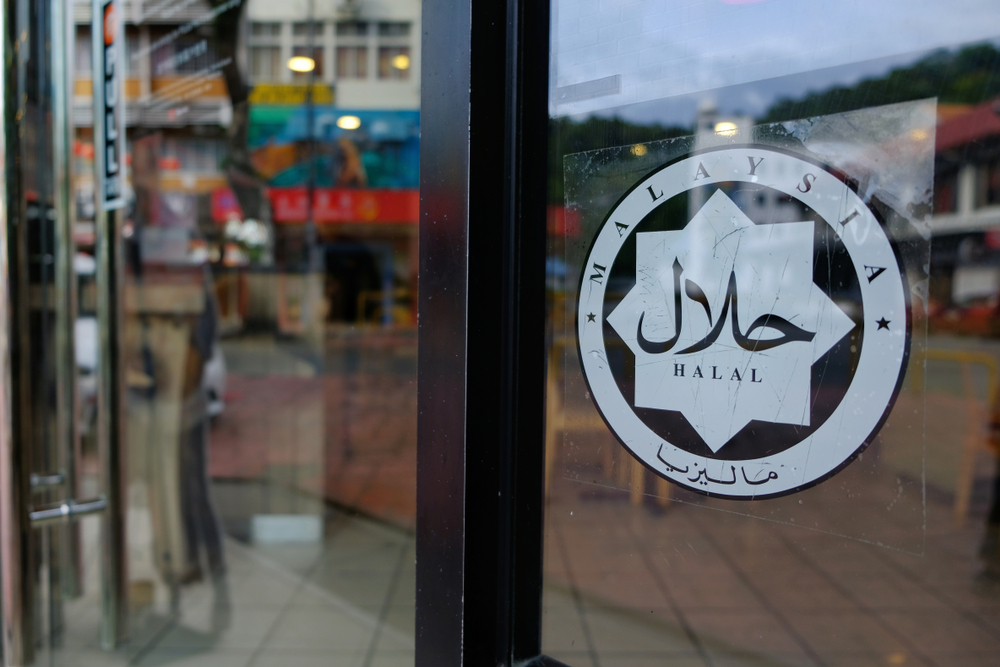
- Halal-certified by JAKIM or FHCB.
Once a year, JAKIM issues the Recognised Foreign Halal Certification Body (FHCB) list on its website, updating it 3 to 4 times annually, at least 2 times. In many countries, halal certification is managed by private organizations rather than government agencies. When it’s private, there can be an issue where paying extra leads to benefits, raising concerns about integrity. In contrast, JAKIM is actually quite strict. The FHCB list is updated frequently–2 to 4 times a year. For example, a halal certificate in Thailand might be valid this year but not next year, possibly due to non-compliance. As for JAKIM’s audits, I’m unsure whether they are conducted annually or biennially. - Green code. It refers to products that are halal but do not have a halal certificate for various reasons.
This is a hot topic right now, and I have some thoughts on it—though this is just my opinion. Some people say, “If a shop doesn’t have a JAKIM halal certificate, don’t enter.” While that’s their personal choice, I find such accusatory statements unwise. Claiming that a shop without a JAKIM halal certificate is ‘haram’, meaning forbidden in Islam, is unfounded and misguided. In Islam, everything except acts of worship is fundamentally permissible, meaning most foods can be consumed unless there’s a specific reason that makes them ‘haram’. Therefore, we can’t simply equate the absence of a JAKIM halal certificate with being ‘haram’. It’s important to recognize the difference between products with a JAKIM halal certificate and those that are halal. - Grey code. There are doubtful sources in food, often referred to as syubhah. For example, the majority of global pharmaceutical products use bovine capsules sourced from cattle. The main issue is whether or not the cattle were slaughtered according to Islamic guidelines.
Consider two products: one uses veggie capsules and lacks a JAKIM halal certificate, but it falls under the green code—there’s no issue there. The other product uses bovine capsules and also lacks a JAKIM halal certificate. When you ask the manufacturer if the capsule supplier has a halal certificate, they can’t provide one. This situation is classified under the grey code due to the elements of doubt or ambiguity. - Red code. It refers to products that have “unclean” sources, but there really aren’t many of them.
When it comes to NPRA, if a product contains animal sources, it’s mandatory to indicate the specific source on the packaging. Some supplement brands do this clearly. In the context of hospital pharmacists, there are limited pharmaceuticals that involve animal sources. For example, after childbirth, women are at risk for embolism and may require blood thinners. Heparin, a commonly used option, is derived from porcine sources, which raises halal concerns for Muslim patients. Fondaparinux is a synthetic alternative that avoids these issues but is contraindicated for women with severe kidney disease, heart infections, or those weighing less than 50 kg. For women who cannot take fondaparinux, heparin may be recommended. However, the Ministry of Health (KKM) emphasizes the importance of informed consent, particularly for Muslim patients. Ethical doctors should inquire about halal considerations, but in life-and-death situations—where immediate action is required—guidelines exist to navigate these complexities. Awareness of these issues is crucial.
Options
What’s interesting about the halal community pharmacy is that we simply ask, “Which one do you want to choose?” Our role is to inform, but if a customer prefers a specific brand, we facilitate that choice with zero judgement. As science professionals, we provide data and transparency, empowering customers to make informed decisions.
We also effectively focus on managing and presenting our database. While products may be similar, community pharmacies differ significantly from hospital pharmacies. In community settings, emergencies are rare; customers typically come in feeling well and able to choose wisely. Although we don’t stock any red-listed products, if a customer requires one with a doctor’s prescription, we place a separate order, obtain it from the supplier, and deliver it directly to their home.
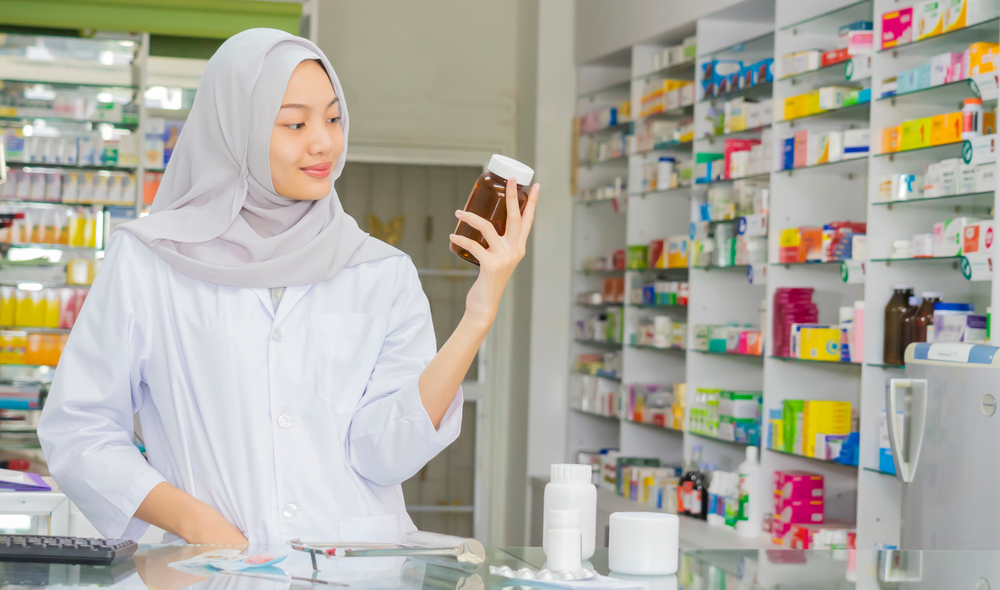
1Twenty80: What checklist tips can you offer as a simple guideline for those seeking halal pharmaceutical products?
Muhammad Farahi:
- Look for a JAKIM Halal Certificate: Check if the product displays the halal logo
- Check for Other Halal Logos: If there’s no JAKIM certificate, see if it has a logo from a Recognised Foreign Halal Certification Body (FHCB).
- Examine the Ingredients: Review the ingredient list for any animal sources. In Malaysia, all animal sources must be declared. Ensure the specific type of animal is mentioned. If the source raises questions, take note and proceed with caution.
1Twenty80: For controlled drugs, should we check the packaging and leaflet for any questionable ingredients?
Muhammad Farahi: That’s right. We need to check, and that can be quite challenging. That’s why I provided you with a simple guideline: for many products, just look for the JAKIM halal logo; if it’s not there, check for the FHCB logo. That’s the easiest way. Anything beyond that can be quite complicated.
1Twenty80: Do halal pharmacists have any additional qualifications or requirements beyond completing a pharmacy degree and undergoing practical training?
Muhammad Farahi: The halal pharmacist position is still emerging. When pharmacists begin their careers, they must complete a one-year Provisionally Registered Pharmacist (PRP) program, similar to a housemanship, to obtain their license. This allows for training in various settings, including hospitals, community pharmacies, universities, and the pharmaceutical industry.
Currently, there are four halal pharmacy officers at JAKIM, but they did not receive special training during their housemanship. They completed their training in regular hospitals, often in the government sector, and applied to JAKIM when positions became available. Once they join as pharmacy officers, they may undergo additional training. As for myself, I cannot claim to be a halal pharmacist; I am only involved in halal pharmaceuticals and I own a halal-certified pharmacy.
1Twenty80: Are there any official online resources in Malaysia that consumers can access to verify the halal status of medications and what does it cover?
Muhammad Farahi: Yes, the Halal Portal: https://myehalal.halal.gov.my/portal-halal/v1/index.php.
It’s quite easy to search for all products with JAKIM halal certification there. The portal covers a range of sectors, including cosmetics, and potentially travel agencies and hotels, primarily because of their cafés if the case is they serve alcohol. However, if a hotel serves alcohol, it complicates the halal certification discussion. For instance, can we label a hotel as ‘haram’ simply for lacking a halal certificate? It’s not that straightforward. Many five-star hotels in Kuala Lumpur serve alcohol, so understanding these nuances is crucial to avoid negative perceptions of Islam.
1Twenty80: Why are there both heparin and fondaparinux and do differences in halal compliance play a role in their availability?
Muhammad Farahi: They serve the same function. Heparin comes from animal sources, while fondaparinux is derived from chemicals. Their indications are the same, but that doesn’t mean their active pharmaceutical ingredients are the same—not at all. However, their functions are the same.
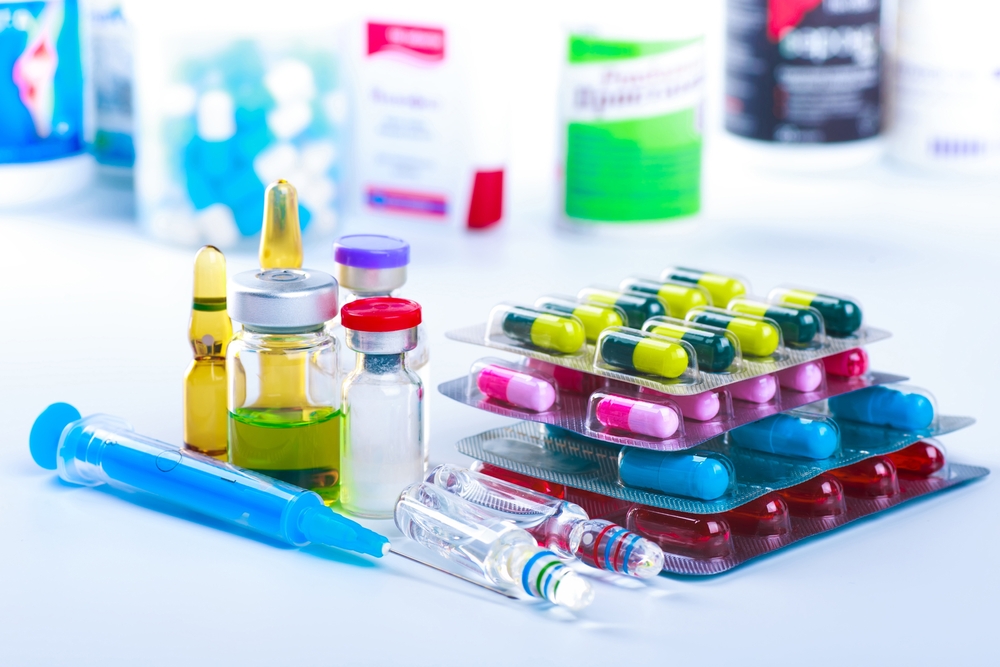
1Twenty80: When is it permissible to use non-halal drugs, considering how accessible halal pharmaceutical products are today?
Muhammad Farahi: One word: emergency. In emergency situations, we may need to consume things that are normally forbidden. An emergency refers to a necessity, especially in healthcare. For example, if a certain medication is not taken, it could endanger lives—potentially leading to death, organ failure, or other serious health issues. In these cases, the necessity allows for the use of non-halal medications. To my knowledge, there are no specific statistics indicating the percentage of people who have had to use non-halal certified medications, and data on this issue is still lacking.
When discussing halal pharmaceuticals with those who disagree, it’s important to approach the conversation academically. The concept of emergency is often cited—like the scenario where you’re in the desert and encounter a pig. In such a situation, you might have to slaughter it and eat it to survive, but the question is: do you feast until you’re full, or just enough to sustain yourself? This distinction is crucial.
In my perspective as someone involved in halal pharmaceuticals, our society—both in Malaysia and globally—is becoming increasingly aware of and accepting halal products. It’s a good time for us to stop using the emergency excuse as a reason to take the easy way out. Taking the easy way out, like saying, “Oh, it’s an emergency, so we don’t need to worry!” There are other alternatives available, after all.
The importance of halal products in Islam is twofold: first, from a religious perspective as a command from Allah, and second, the concept of halal and tayyib. This concept benefits not only Muslims but all of humanity. Halal products should inherently be good, and those that harm the body, cause diseases, or damage health should not be permitted. There is a scientific rationale behind this emphasis on halal and tayyib. Halal relates to the ingredients, while tayyib signifies that the product is good and not harmful.
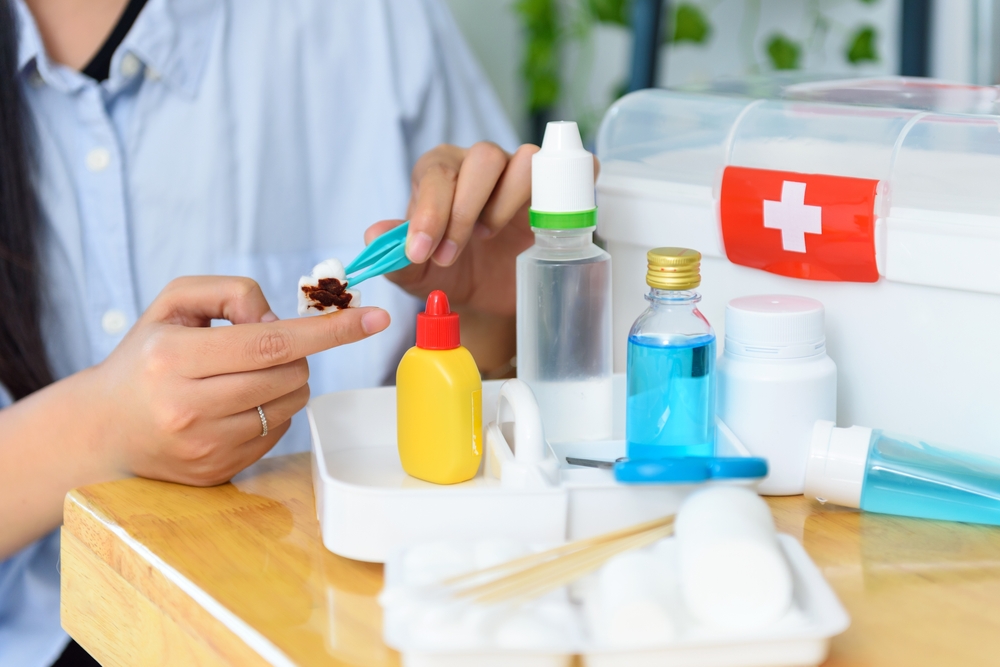
1Twenty80: Is the use of alcohol acceptable in halal pharmaceuticals?
Muhammad Farahi: It’s essential to clarify misconceptions about alcohol, particularly ethanol. Many people believe ethanol should never be present, but that’s not entirely accurate. In pharmaceuticals, ethanol can be included depending on its intended use. If the dosage is effective and used for medicinal purposes, it’s permissible, even at higher levels. This is often misunderstood; some might say, “Ethanol? Nope—that can’t be consumed!” without considering the context. Ethanol is associated with alcohol, but as long as the dosage is appropriate and the purpose is medicinal—not for getting drunk—and it doesn’t cause harm, then using ethanol is permissible.
The distinction between halal and non-halal largely revolves around cleanliness and hygiene. Proper slaughtering involves cutting specific arteries and veins, allowing most of the blood to drain out due to the heart’s pressure, resulting in cleaner, healthier meat. That’s why we believe halal products are not solely for Muslims; they also offer health benefits for everyone.
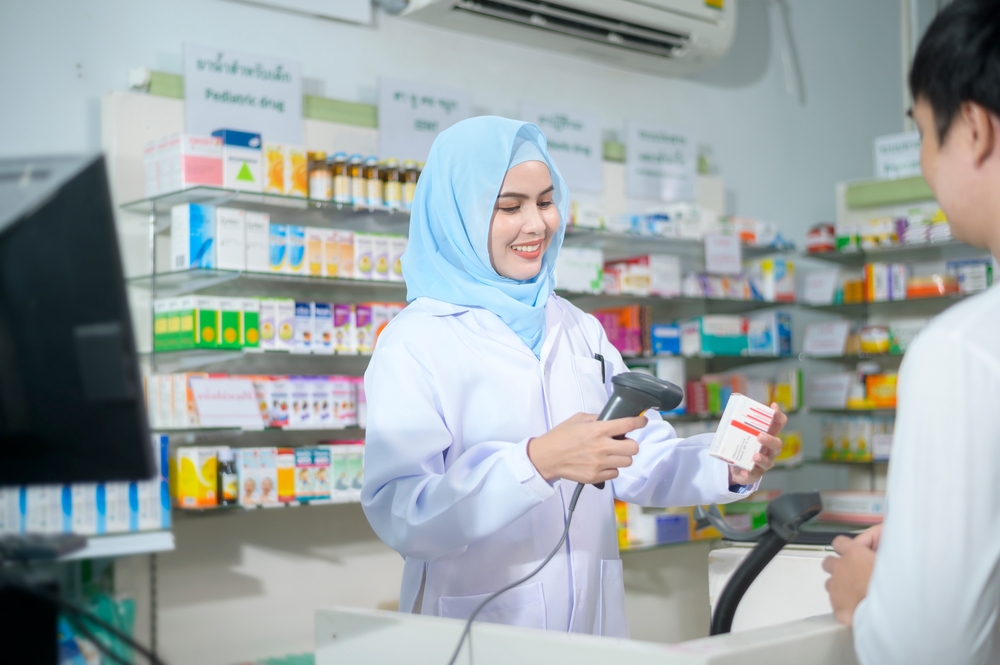
1Twenty80: Are there differences in properties between gelatin derived from halal-slaughtered bovines and that from bovines that were not slaughtered at all?
Muhammad Farahi: This is a great question, but I don’t have specific parameters for determining which products are halal-slaughtered, and currently, there isn’t a reliable method for testing this. Just last week at Medical Fair Asia in Singapore, I encountered a halal testing kit from China that can test for pig DNA, which intrigued me. However, I’m concerned about its legitimacy. To test its accuracy, I wanted to get some pork soup, because when I used it on coconut ice cream, it didn’t register anything. The limitation of this kit is that it only detects pig DNA and doesn’t cover other concerns, such as alcohol. There are many uncertainties, including whether we can test for bovine sources or if there are other parameters that can indicate whether meat or gelatin is from halal slaughter. On a chemical level, there may be differences.
It’s essential to clarify misconceptions about alcohol, particularly ethanol. Many people believe ethanol should never be present, but that’s not entirely accurate. In pharmaceuticals, ethanol can be included depending on its intended use. If the dosage is effective and used for medicinal purposes, it’s permissible, even at higher levels. This is often misunderstood; some might say, “Ethanol? Nope—that can’t be consumed!” without considering the context. Ethanol is associated with alcohol, but as long as the dosage is appropriate and the purpose is medicinal—not for getting drunk—and it doesn’t cause harm, then using ethanol is permissible.
The distinction between halal and non-halal largely revolves around cleanliness and hygiene. Proper slaughtering involves cutting specific arteries and veins, allowing most of the blood to drain out due to the heart’s pressure, resulting in cleaner, healthier meat. That’s why we believe halal products are not solely for Muslims; they also offer health benefits for everyone.
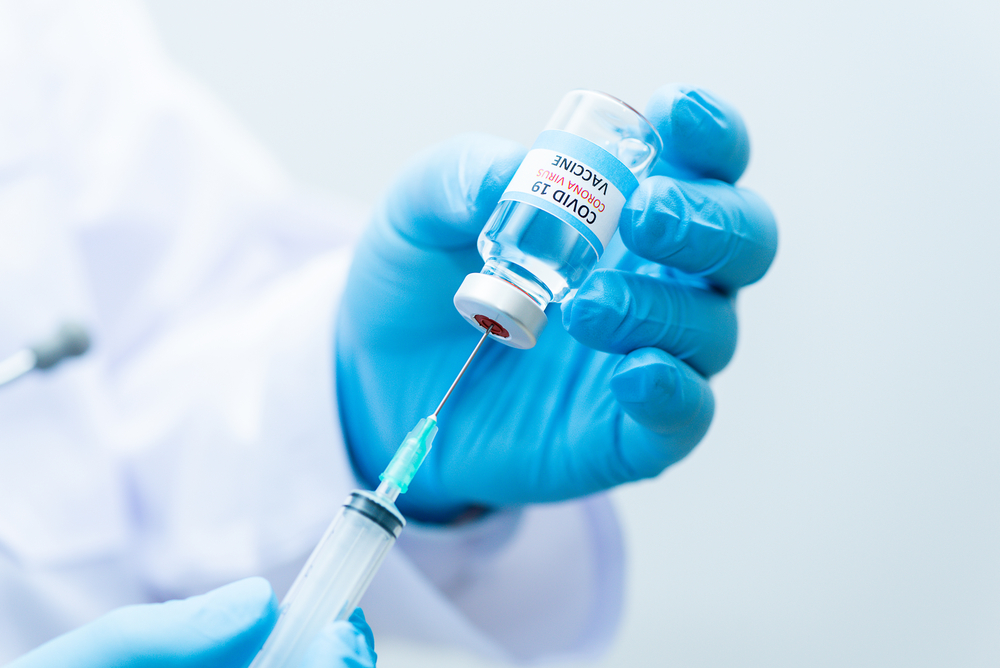
1Twenty80: Are all vaccines, including those for COVID-19, halal-certified?
Muhammad Farahi: Not all vaccines are halal certified, but an interesting development is the Malaysian government’s commitment to creating halal vaccines. There are numerous halal vaccines under research, and a dedicated department is focused on this initiative, involving pharmacists specifically tasked with vaccine development. While I’m not familiar with all the players in this field, the government aims to collaborate with several multinational vaccine manufacturers to advance halal vaccine production.
Regarding the COVID vaccine, I don’t believe it is halal certified. Although there are discussions around its halal status, it was not officially certified. The vaccine was registered by the NPRA under an emergency classification, which typically speeds up the process which usually takes one to three years. Given the urgency of the situation, the NPRA expedited the registration. While some questioned its halal status, the government mandated that the vaccine be taken, so it was necessary for everyone to comply.
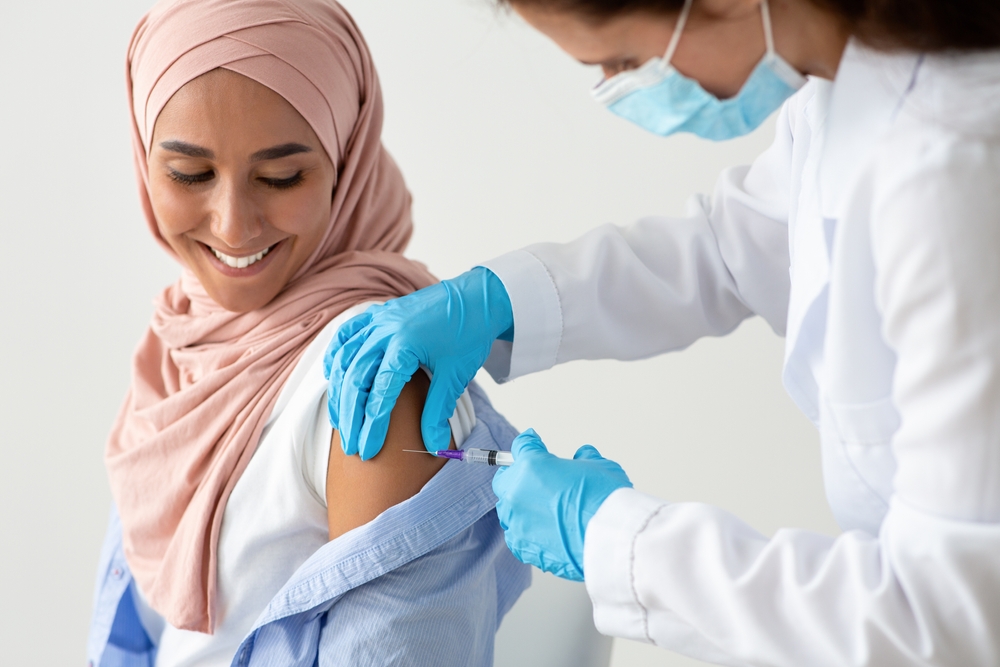
1Twenty80: Is it true that it is difficult to obtain halal certification from JAKIM?
Muhammad Farahi: Actually, the JAKIM halal certification that many people claim is difficult is not as challenging as it seems. While the documentation can be complex, with a clear procedure that requires completing all necessary steps, it’s manageable. I also think that JAKIM’s certification is quite affordable—usually just a few hundred ringgit, which is relatively inexpensive compared to other countries.
That’s why in my opinion, when people say, “Applying for JAKIM halal certification is difficult” or “It’s expensive,” that’s not entirely accurate. The difficulty often depends on one’s level of preparation. I’ve also heard that Dato Seri Zahid Hamidi is working to expedite the halal certification process, which could make things more efficient.
As for restaurant companies, I believe that some use the certification process as an excuse—either they’re genuinely uninterested or they’re making excuses. But that’s just my opinion; we still can’t say, “That shop is haram.” We can’t do that, because we are only human after all and it’s not for us to make definitive judgments.
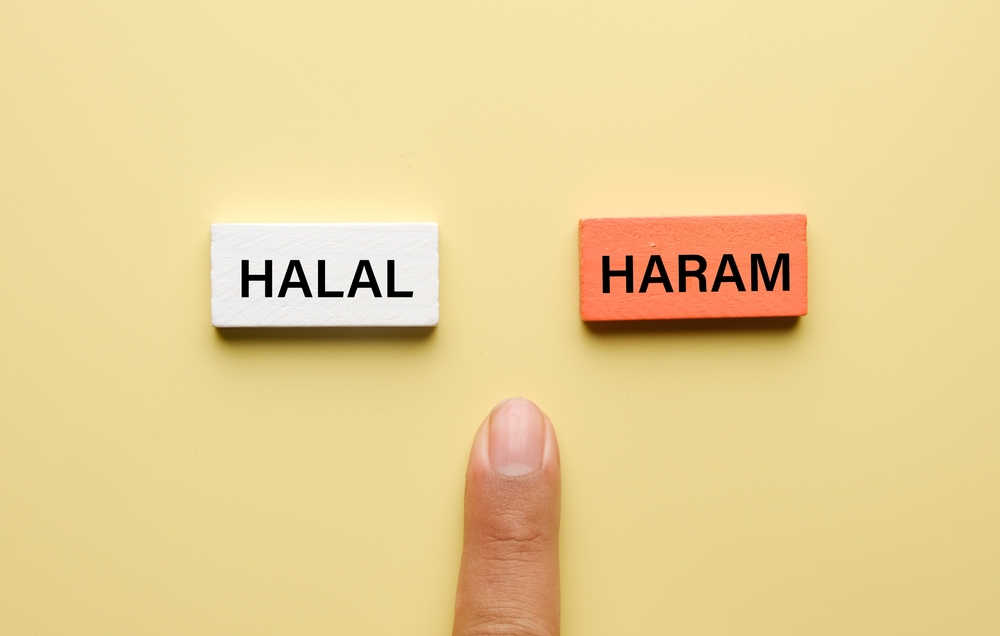
1Twenty80: Since you’ve been in this field for five years, what has been your biggest challenge in halal pharmaceuticals?
Muhammad Farahi: In my opinion, the challenge surrounding halal certification is largely commercial. While obtaining and maintaining JAKIM halal certification requires commitment and some costs, these are not excessively high. However, from a commercial standpoint, many inquiries—especially from those interested in JAKIM halal certification for community pharmacies—often centre around the value of sales, marketing, and branding. This is the core challenge we face.
Despite being the only certified halal community pharmacy, we struggle to translate our unique value into sales. Many express excitement about our position, noting that “Everyone is looking for halal!” and that our brand could expand into markets like the Middle East. However, this enthusiasm hasn’t yet translated into significant sales growth.
We find ourselves competing with big players like BIG Pharmacy, Alpro, and Caring, which far outpace us in both the number of outlets and revenue. The challenge lies in how to leverage our distinct halal certification into tangible commercial success. While many halal-conscious consumers prioritize knowing if products are halal, we still need to convert that awareness into market share. Even though we are the leading halal-certified pharmacy, we haven’t captured a market size comparable to larger chains. Our competition is primarily with big chains rather than other independent pharmacies. We aspire to stay ahead, focusing on how to better connect our unique value to consumer demand.
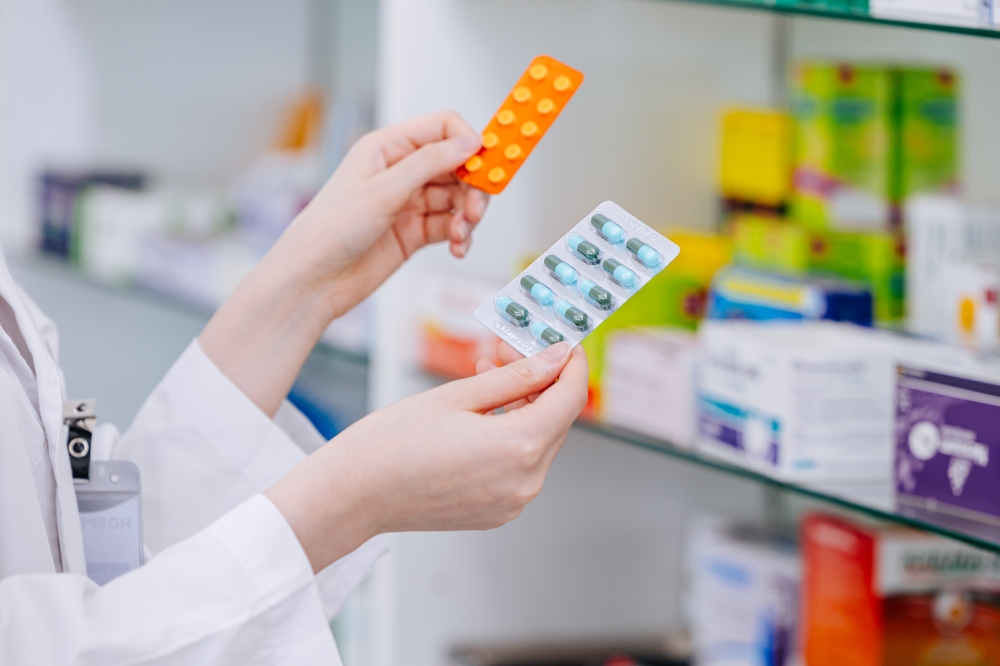
1Twenty80: Is there a price difference for halal pharmaceutical products, and how do you market them to clients beyond the halal factor?
Muhammad Farahi: In terms of price, there’s no significant difference. While larger chain pharmacies often engage in price wars by undercutting, we maintain competitive pricing without raising our prices simply because we’re halal. Our prices align with those of similarly sized pharmacies, but we can’t match the low prices of some competitors, which presents a challenge. I would emphasize that halal pharmaceuticals don’t drive up prices; instead, they add value.





